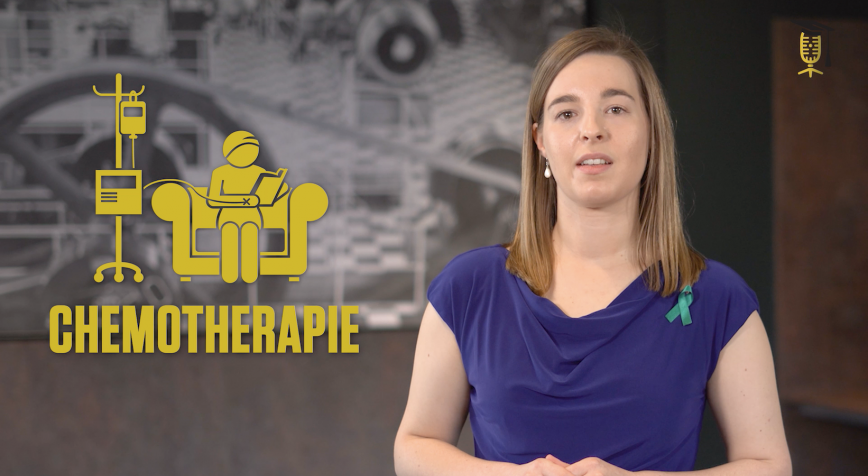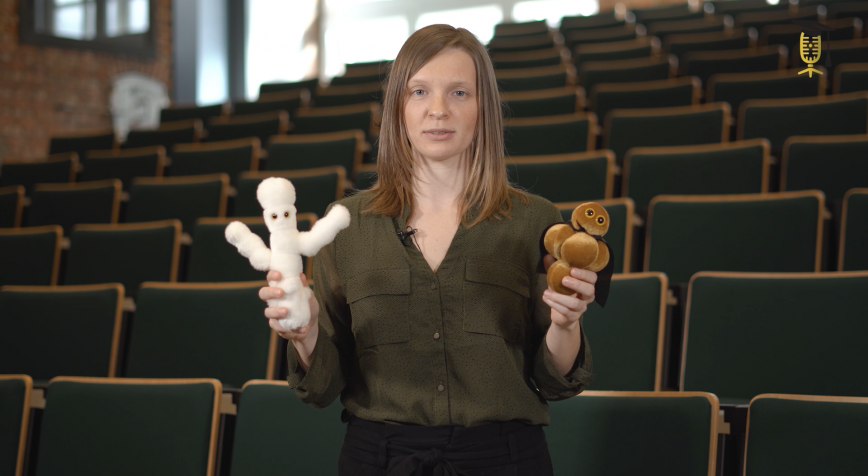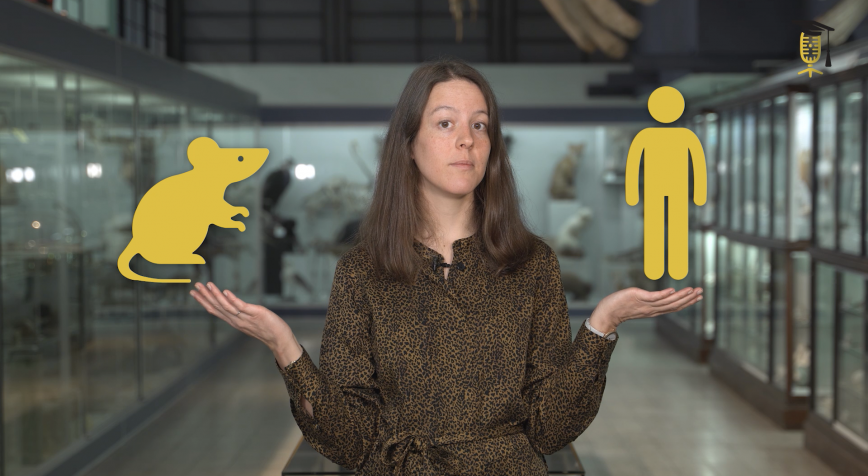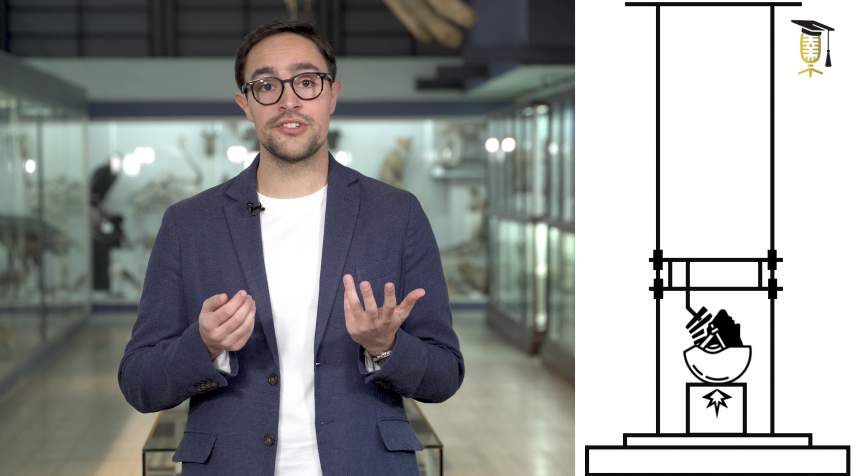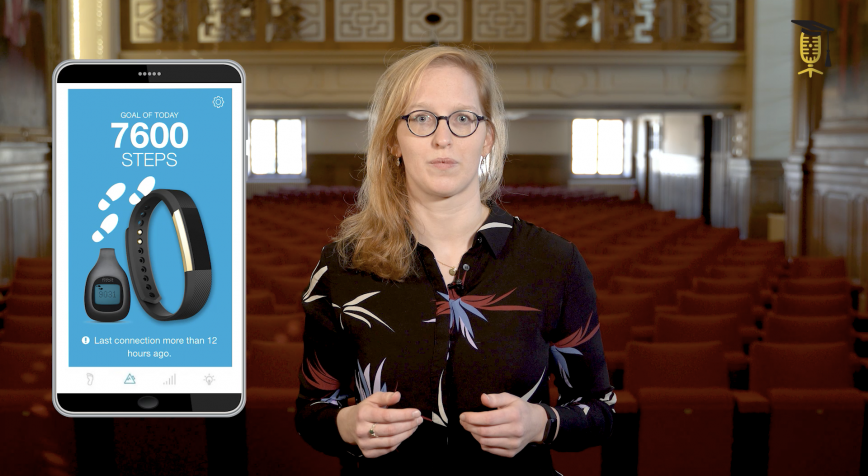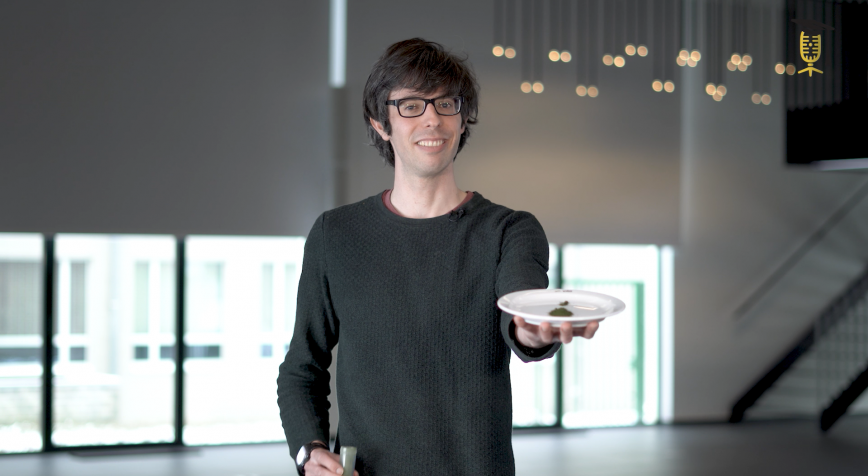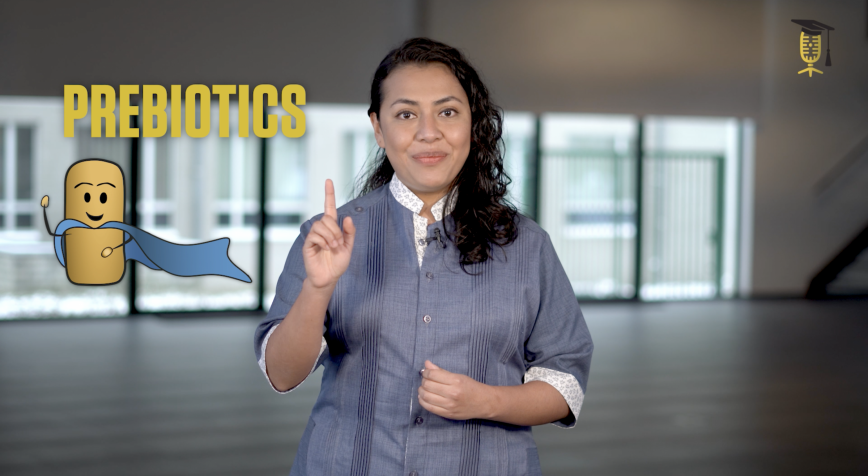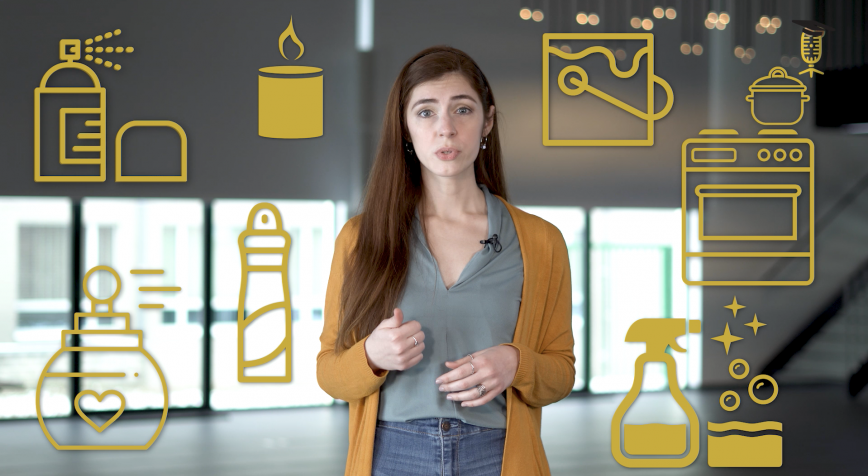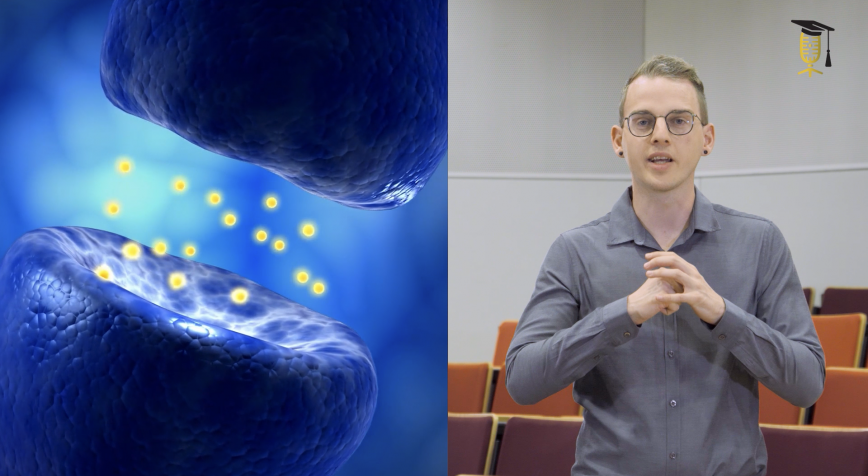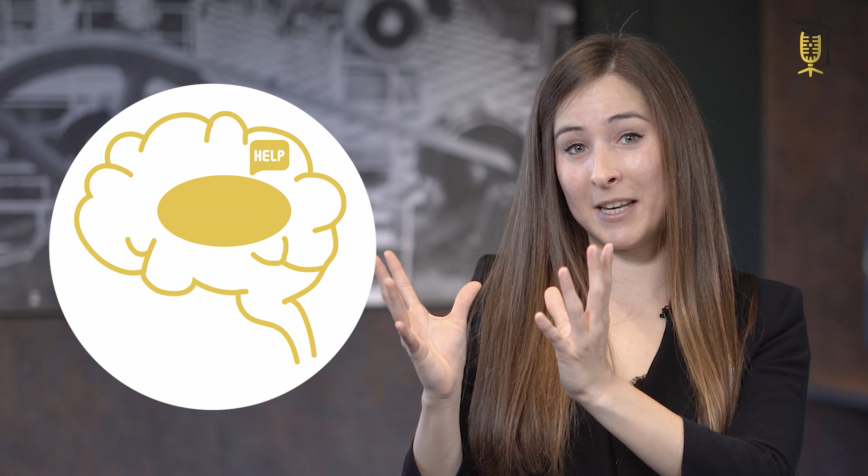
FWO
KU Leuven
VIB
A stroke in the picture
During a stroke, every second counts to save as many brain cells as possible. Intervention is only possible within a narrow time window of a few hours because late treatment can lead to serious complications. Is there nothing more we can do for these 'late' patients? There is, says neurologist trainee Lauranne Scheldeman!
